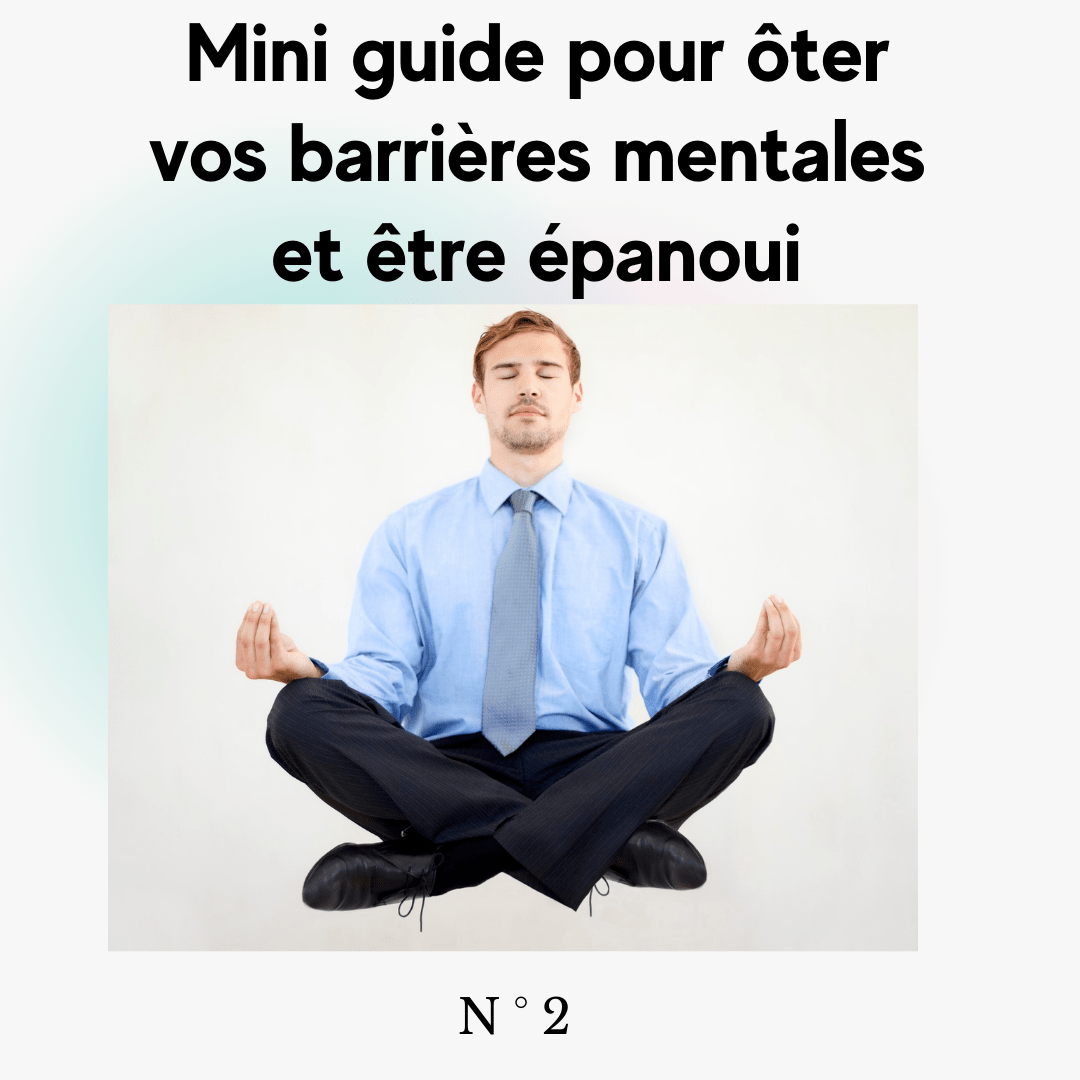
Do you sometimes feel out of focus, forgetful, depressed, like your brain is swamped or you don't know whether you are coming or going?
Believe it or not, your brain needs exercise, too. Doing some simple exercises, from meditation to listening or playing music, can help get your brain back into shape.
Here are some suggestions from a study undertaken by Dr. Kenneth S. Kosik, Co-Director of the Neuroscience Research Institute at the University of California, Santa Barbara, which can help stimulate and nurture your brain.
-
CHANT THE KIRTAN KRIYA SANSKRIT MEDITATION
This 2000 years old creative exercise is largely used in religious rituals and Buddhist practice.
Imagine that you are entering a blue meditation room and that you are rocked by gentle background music. Breath in deeply and repeat the Sanskrit words : SAA, TAA, NAA, MAA (roughly translated, “my divine self”).
Simultaneously, touch your thumb with each of your other fingers, one by one with each syllable, starting with the index. According to Dr. Dharma Singh Khalsa, President and Medical Director of the Foundation on research and prevention of Alzheimer’s disease, this form of chanting meditation helps with fatigue and stress. It also promotes blood flow to the brain and increases the secretion of telomerase, an enzyme that slows down the aging process of the cells.
-
SOCIAL GAMES
According to a study undertaken in 2014 from the University of Wisconsin, playing board or card games like chess or cards stimulates the frontal lobe and increases the part of the brain responsible for cognitive function, including memory in older adults.
-
VARY THE PLEASURES: BODY BUILDING
According to researchers from the University of British Columbia in Vancouver, when the brain gets old, it often suffers from minor injuries such as disrupted blood flow. This can have a negative impact on cognitive function. Physical exertion twice a week, like lifting weights, has been shown to help prevent the spread of lesions on white matter. (The white matter is the tissue through which messages pass between different areas of gray matter within the central nervous system.)
-
WALK, RIDE A BICYCLE AND SWIM FOR CARDIOVASCULAR HEALTH

Recent studies have shown that all of these exercises have a positive impact on cardiovascular health of people who suffer from Alzheimer’s disease, depression and other brain diseases. Therefore, it is recommended to practice a cardiovascular activity for 30 minutes a day.
-
PUT SOME MUSIC ON, SING, GO TO A CONCERT
Music makes the cerebral circuits sing. It stimulates the emotional centre, the motor and auditory cortex, and the limbic system, explains Dr. Kosik.
-
JOIN A DRAMA CLASS TWICE A WEEK
Memorizing and learning short phrases by heart helps keep the brain active and healthy. This can stimulate the hippocampus, the temporal cortex and the frontal lobe. According to Dr. Kosik, a study undertaken on subjects that had followed a course twice a week for one month showed they had improved their word fluency by 12% and their memory by 19%.
-
PAINT OR SCULPT
Concentrating on details and making certain spatial calculations protects your brain from slight cognitive deteriorations. People who took active art classes, like painting or sculpting, showed that their synapses had created new connections, explains Dr. Kosik.
Meditating, walking, bicycling, singing, dancing, learning drama, painting. There are many activities to choose from when deciding how to keep your brain healthy and active. Practice these exercises as often as you can to be your best and to take care of your all-important mind.
Source: http://www.rd.com/health/wellness/brain-health-habits/
Photo credit: Elnur and fabioberti.it via Fotolia






